Kashgar Animal Market
We awoke as the sun was just beginning to spread grey light over Kashgar. We quickly showered and hopped on the bikes. Our first way point was the Kashgar Animal Market. It was located on the outskirts of town, so we wheeled hard through the golden sunrise and spiraling dust, stopping occasionally to scrutinize our already sweaty and melting map. We knew we were getting close when the traffic around us changed from bikes and taxis to three wheeled carts, piled high with cows, goats, and chickens, carts full of rope bridles drawn by donkeys, men on bicycle rickshaws transporting lengths of fencing and saddles, and the rich stench of a fearful beast.
We rounded a corner to find the market sprawling before us. We first turned off into the used motors and animal fencing section of the market for a bite to eat. We struggled to communicate with our waiter, a 14 year old boy, covered head to tow in blood spatters, who seemed completely baffled by our attempts to communicate. All but defeated we began to discuss leaving. Just then, he arrived back with a couple of steamed buns, covered in a sauce of vinegar and stewed vegetables. We stabbed our chopsticks in and ate hungrily. All around us, men covered in all manner of bloody filth ate similar dishes. Many of them seemed to have their steamed buns accompanied by a plat of oily lamb mush. And some gesticulation later, we too enjoyed this local combo. We payed our bill (80 cents) and climbed back on the bikes.
We rode past fellows welding and pressing metal into fencing, and children playing with the severed testicles of some beast. Soon we found ourselves in a giant open yard, which was quickly filling with persons in all manner of dress selling used vehicles. The space was sectioned off into trucks, cars, three-wheeled auto-rickshaw type things, and motorbikes. We found bicycles oddly abscent. And, disinterested with these motored wheels, we rode across the highway (now jammed with animals, trucks, oxcarts, people, and bicycles, and into the animal market.
The event was just getting underway and we took advantage of the relative open space which allowed us to actually wheel through the animal market. All around us people were prepping sheep for selling, combing beasts with mangled brushed, splashing water about, corralling horses and cows, assembling stalls from the contents of wheelbarrows, and hoisting tethered awnings. Already, all around us, people were selling everything from food to tack. We rode and gawked, swerving from time to time to avoid the odd lamb which got loose from the pack, or a giant steaming pile of manure freshly laid on the miandering thoroughfare.
We then rode in the other direction, away from both Kashgar center and the animal market, into the Uyghur villages beyond, which encircled Kashgar propor. Here too we passed all kinds of bizarre traffic, and row upon row of mud buildings, from which people were emerging with carts full of goods for the animal market, or the greater market beyond. Soon we were passing the pens of the animals, now empty, constructed of with the same mud based building material.
At the end of this road, we found this expansive field full of onion domes, spreading forth like some giant’s garden. These domes were made of a lighter (or perhaps just an older) version of the mud used in the the houses we saw earlier. It was our guess that this was the graveyard, but if anyone knows better, please tell us in the comments.
We rode back into the market and checked out the giant section devoted to new motorcycles and mopeds, then into the rail and piping section, and finally the lumberyard before wheeling back towards the city and the market proper.
On our way into the city we passed a gigantic restaurant, set inside of a sprawling garden. Inside, wealthy looking locals, sat on giant beds, covered with rugs, and ate from short tables, set atop the beds. The sign out front advertised a dish consisting of an entire goat, roasted, horns on, and splayed on one of these squat table-rug-bed combos. We took a photo of the sign, and swore to return that night for dinner.
We took a miandering root back into town, going through more Uyghur villages. These were slightly more prosperous, with bricks instead of mud, and many more proprietorships, selling drinks, kabobs, and perhaps most commonly bicycle repair. Another point for Kashgar.












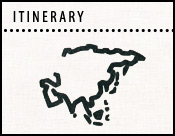
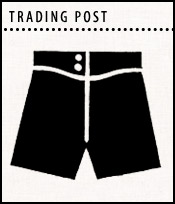
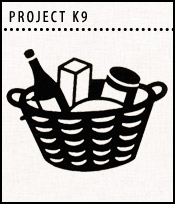
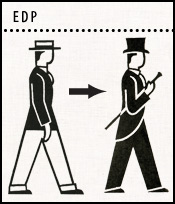
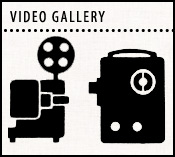
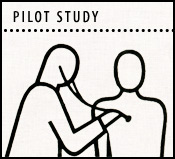
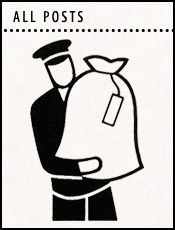





Comments
A quick and non-scientific web survey confirms your graveyard supposition. The domes appear to be a Muslim burial tradition, with one site claiming domes are typically Sunni, and Shiites prefer flat-roofed structures.
[…] Kashgar Animal Market […]
[…] us think. What if there was a chuar guo (串国)? Would that place be anything like our beloved Xiniang Uighur semi-autonomous region? And so with it we’d like to announce a new t-shirt: Chuarguo, in hope of promoting it as a […]
Post a comment